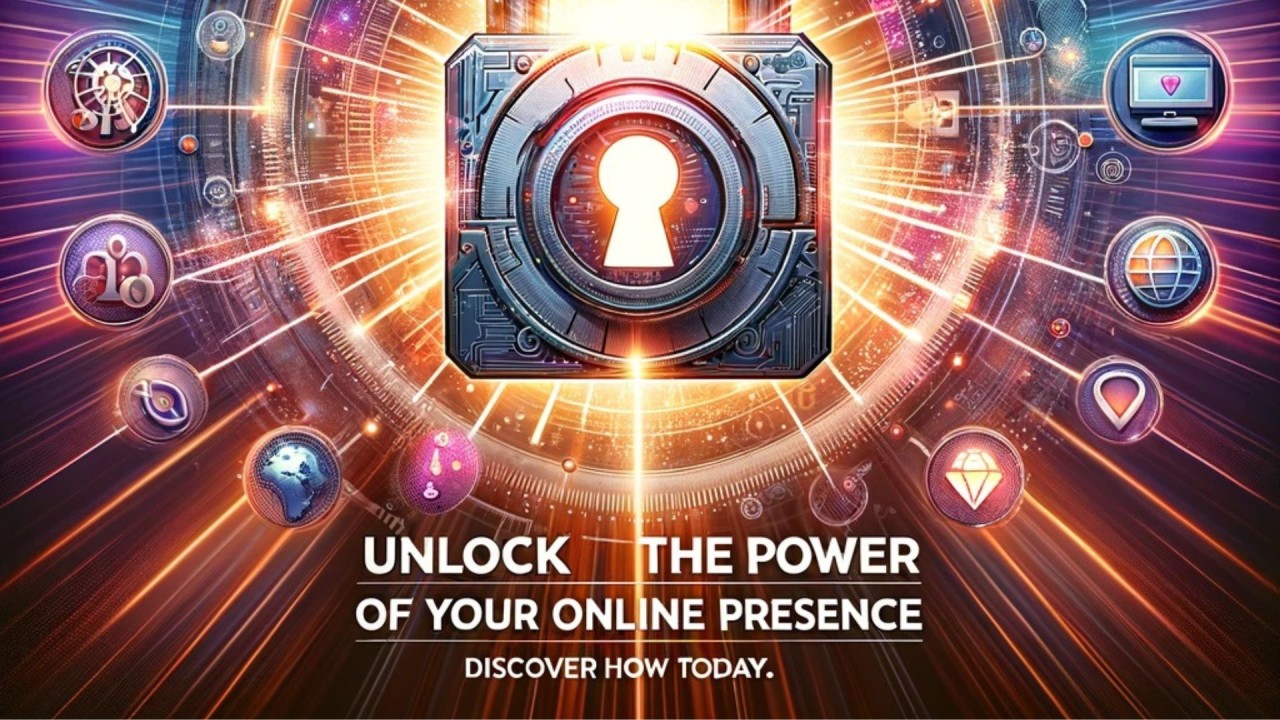Things have changed at a breakneck pace in the last five years. It matured gradually and revealed many new possibilities that were previously unavailable. Online payments and digital finance have become a part of our everyday lives. There was a lot of skepticism about online payment and transactions at first, but that has changed in the recent past. After digitalization, online transactions have become a requirement that cannot be avoided.
All thanks to a Blockchain development company that ensures secure and transparent transactions in the digital financial system. Furthermore, Blockchain is required for a Metaverse development company, which is a new-age revenue opportunity.
Due to its instruments, digital finance is expanding. Tools, like digital assets and smart contracts, take advantage of Blockchain technology to create levels of connectivity that have never been possible before. Additionally, the programmability between goods, services, possessions, and assets becomes more coordinated. The processes of the commercial and financial markets are being redefined by these digitalized tools, resulting in a new paradigm where value is delivered at every touch point.
If you are further excited to know more about the transformation of digital finance with Blockchain, without much ado, let’s jump onto it.
Asset Management
There was a time when asset management had to rely on the traditional trade process. Because of the manual operating system, it was very slow, and there was a risk of a data discrepancy. When it came to international transactions, the issue became more complicated. In addition, there were numerous parties with their records, which invites a lack of transparency and leeway.
However, Blockchain technology has the potential to simplify and streamline the entire process. It automates the trade lifecycle and eliminates the possibility of a data discrepancy. Additionally, all parties involved in the transaction would have access to the same trade data. This will not only help to reduce infrastructure costs, but it will also aid in data management with transparency. Furthermore, you can anticipate faster processing, which will benefit digital finance.
Insurance
Insurance companies have recently suffered greatly due to fraudulent claims, manual processes, and fragmented data sources. This causes claims settlement delivery to be disrupted and is the root cause of customer dissatisfaction.
Smart contacts can help with the creation of blockchain policies. It gives you complete control and transparency over every claim. It also provides traceability, which could lead to automatic payouts. Blockchain technology would also help to reduce risk in the sector and break down current silos. It significantly reduces false allegations by capturing the origin and ownership of the assets to be insured.
Supply chain
Supply chain management is among the most exciting uses of blockchain and smart contracts. The global participation of numerous parties in traditional supply chains makes them complex, slow and dispersed. The involvement of dependable intermediaries like banks and clearing houses is necessary because there might not be enough trust among participants. However, when Smart Contracts are implemented on the blockchain to transfer ownership of assets like money and goods, the involvement of the banks that previously provided Letters of Credit is eliminated. Because middlemen and their fees are eliminated, transactions can be completed more quickly while also saving money. Additionally, it creates a reliable network that offers assurances of the supplied goods’ provenance and authenticity.
Payment
Days and even weeks that were once required for cross-border transactions are long gone. The biggest challenges associated with globalization were noted by the public. Additionally, despite being enormous, the world’s payments industry was slow, expensive, prone to error, and not entirely traceable. Blockchain technology was therefore needed to wake everyone up.
By creating a decentralized database of digital and one-of-a-kind assets, Blockchain technology in banking revolutionizes the industry. Blockchain can offer faster payments and lower fees than banks thanks to its decentralized payment ledger. Blockchain has an impact on clearing and settlement systems, where distributed ledgers can bring more real-time transactions between financial institutions while lowering operational costs.
Compliance
If you recently applied for a loan of any kind, you may be aware that this process is now a part of digital finance, so you are no longer required to visit a branch. The responsibility for following the law and informing the local regulator of KYC (know your customer) documents falls on financial institutions all over the world. KYC is a crucial prerequisite for the authorization and processing of the loan application process. The KYC process is crucial for all financial transactions and tracks every type of transaction a customer makes. It used to take a lot of time and be a slow process.
Blockchain technology, on the other hand, might offer a digital single source of ID data, allowing for the smooth exchange of documents between banks and outside organizations.
All thanks to the adoption of blockchain technology, which makes instantaneous loan applications online and accessible with just one click. Additionally, it reduced the resources and expenses needed to maintain all these compliances personally. However, protecting data privacy is a significant accomplishment that was mandated by law.
With Metaverse Development Company, there is more to come. However, Blockchain Development Company gave us many reasons to feel safe and secure in digital finance.
Conclusion
A new technology’s initial adoption presented significant difficulties. However, Satoshi Nakamoto might not have known the implications of Blockchain at the time he was creating it. Our lives now completely rely on digitalization. 2.64 billion People are indulging in online shopping on a regular basis which is 33% of the global population. Due to the pandemic, 32.1% of transactions become cashless and require digitalization in 2020. Additionally, by 2025, POS may reach 39%. And on top of that More than doubling from the previous year, digital payments in India reached over 53 billion INR in the fiscal year 2021. Among the nations that completely ban cash are Norway and Sweden. Source: oberlo, insiderintelligence
The fact that Blockchain technology is a new revolution in digital finance and the economy will become apparent to you as you analyse more data.





